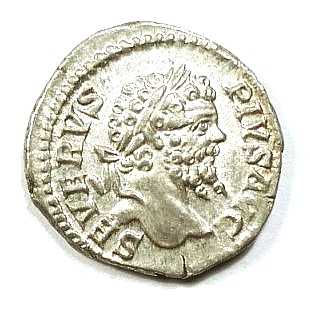And behold, a black horse, and he who sat on it had a balance in his hand. I heard a voice in the middle of the four living creatures saying, “A choenix of wheat for a denarius, and three choenix of barley for a denarius! Don’t damage the oil and the wine! Rev 6:5b-6.
The Greek word “choenix” was a dry measure (almost equivalent to a quart); one of wheat was a daily ration for one man. A day’s wage for one man was a denarius (The First Four Seals: 96-300 AD, pg. 26).
Strong’s G5518 : a chœnix, n.f. a dry measure for grain, nearly a quart.
Jay Green, The New Englishman’s Greek Concordance and Lexicon, p. 919.
Thayer adds, “or as much as would support a man of moderate appetite for a day.”
A Greek-English Lexicon of the New Testament, p. 669.
“While making food scarce, do not make it so much so that a chœnix (about a day’s provision of wheat, variously estimated at two or three pints) shall not be obtainable ‘for a penny’ (denarius, eight and a half pence of our money, probably the day’s wages of a laborer). … Ordinarily, from sixteen to twenty measures were given for a denarius. [Barley was] the cheaper and less nutritious grain, bought by the laborer who could not buy enough wheat for his family with his day’s wages, a denarius …”
Jamieson, Faussett, and Brown’s Commentary on Revelation Ch. 6.

Leave a Reply